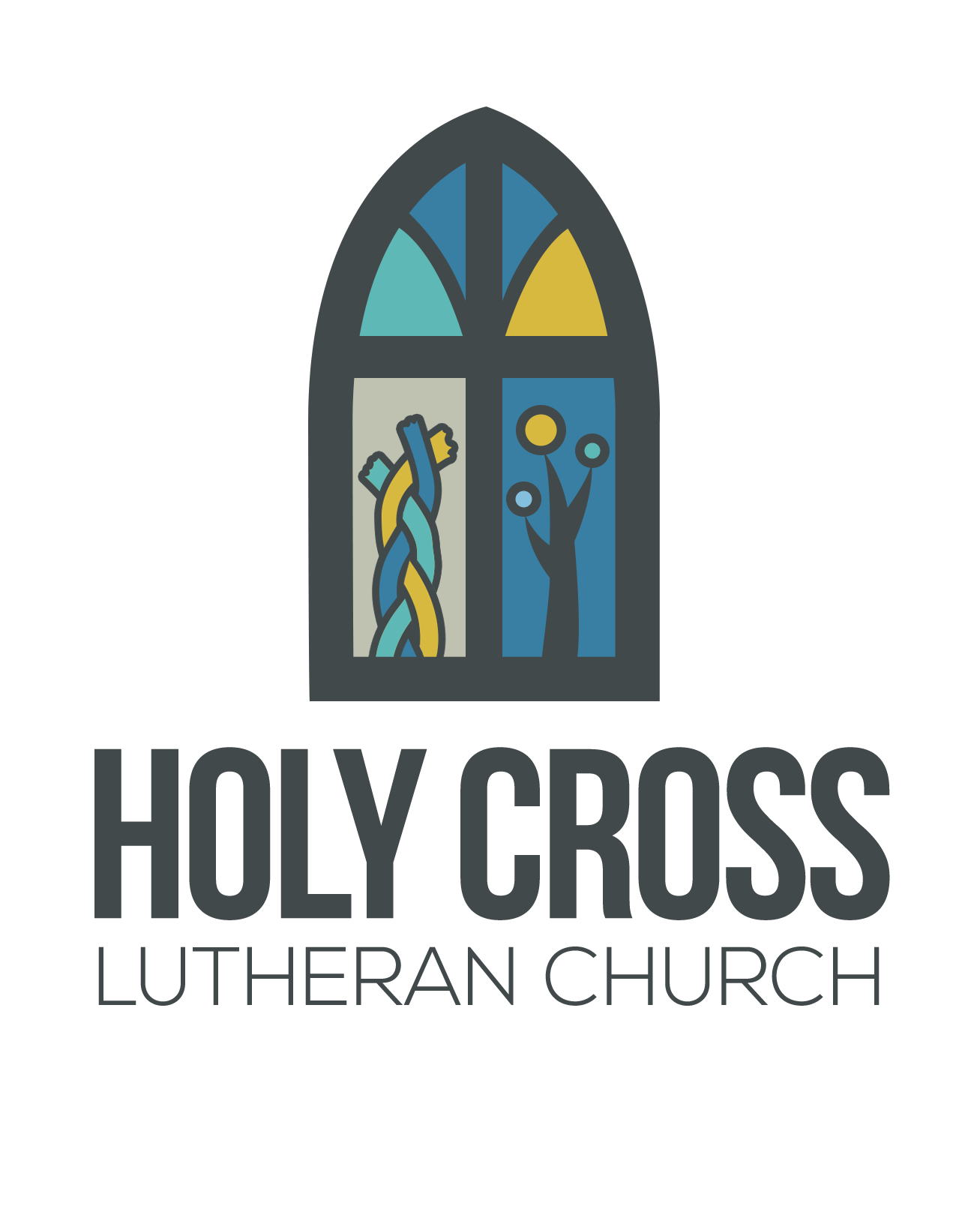Jesus’ heartfelt prayer for me, and you
I’ve been praying for a lot of things in this new year, how about you? I’m praying for vaccines to be distributed fairly, efficiently, and effectively. I’m praying for schools to open safely, studiously, and spiritedly. I’m praying for my family to remain healthy bodily, mindfully, and soulfully.
Yet, I need help. My prayers need help! I run out of things to say. My thoughts aren’t full formed. I don’t know how to put them into words. I sound to myself like a broken record, skipping and repeating the same trite phrases day after day.
I’ve come to expect, “If the heart does not overflow and begin to pray by itself . . . it will never ‘learn ‘to pray.” I’m a pastor, and yet if that’s the case maybe I’ll never get this praying side of my faith life right. I’ve come to expect this—that my heart needs to learn to overflow in prayer by itself—but it’s not just me. Dietrich Bonheoffer heard that in his day too, and he called it “a dangerous error, surely very widespread among Christians, to think that the heart can pray by itself. For then we confuse wishes, hopes, sighs, laments, rejoicings—all of which the heart can do by itself—with prayer. . . Prayer does not mean simply to pour out one’s heart. It means rather to find the way to God and to speak to Him, whether the heart is full or empty.”
Bonheoffer suggests this is precisely why we need the Psalms. “This is pure grace, that God tells us how we can speak with him and have fellowship with him. . . . The Psalms are given to us to this end, that we may learn to pray them in the name of Jesus Christ.”
He also reminds us, “Jesus died on the cross with the words of the Psalter on his lips. Whenever the Psalter is abandoned, an incomparable treasure vanishes from the Christian church. With its recovery will come unsuspected power.” He is speaking of Psalm 22 which Jesus cried out from the cross, “My God, My God, why have you forsaken me” and Psalm 31 which Jesus prayed as he died, “Into your hands I commit my spirit.”
Bonheoffer says, “It is the incarnate Son of God, who has borne every human weakness in his own flesh, who here [in the Psalms] pours out the heart of all humanity before God and who stands in our place and prays for us.” Rather than simply letting Jesus pray, we are invited into His prayer life with him, “How is it possible for a [person] and Jesus Christ to prayer the Psalter together? . . . It is really our prayer, but since he knows us better than we know ourselves and since he himself was true man for our sakes, it is also really his prayer, and it can become our prayer only because it was his prayer.”
So how can we find a deeper, richer, fuller prayer life? We find it by praying the Psalms in Jesus name. I can’t speak for each of you, but I’m in sore need of that right now. That’s why our Lenten season this year will focus us each Wednesday on the Psalms of the Suffering Savior.
Whether you worship online with us or in person, each service is completely made up of Psalms. The same Psalms both spoken and then sung, will create the backbone of the service each week so that these words of the Psalter become ingrained in our hearts and start to penetrate our prayer-life. In addition one Psalm each week will be the focal point of the service and a dramatic presentation from Jesus’ life and words, straight from the Gospels, will illuminate the Psalm for us.
So rather than me saying “my heartfelt prayer for you this Lent is,” I hope we all discover Jesus’ heartfelt prayer for us, that we together pray the Psalms with him.
In Jesus,
Pastor Mike
All the quotes in this article from Dietrich Bonheoffer are from his little book “Psalms: The Prayer Book of the Bible,” translated by James H. Burtness, published by Augsburg Fortress, 1970.
